América del Norte/Estados Unidos/14 Mayo 2017/Fuente y Autor: La Prensa de Minnesota
Universidad de St. Thomas lanza iniciativa de apoyo para estudiantes minoritarios por medio del Dougherty Family college.
Si hay un regalo que podríamos dar a los adolescentes para su futuro, la mayoría de la gente está de acuerdo en que sería una educación universitaria. Pero para demasiados jóvenes trabajadores, la universidad parece estar fuera de su alcance. En un esfuerzo por ayudar a reducir la brecha de educación y prosperidad en Minnesota, la Universidad de St. Thomas abrirá The Dougherty Family College para el año escolar 2017-18. El colegio está aceptando solicitudes para su primera clase de estudiantes.
El título de Artes del Dougherty Family College está diseñado exclusivamente para ayudar a asegurar el éxito de estudiantes que pueden ser los primeros en su familia que asistan a la universidad, o aquellos que tienen apoyo limitado o asistencia financiera limitada para obtener un título de cuatro años. Los estudiantes necesitarán un promedio de 2,5 puntos o más (GPA) y deben tener un alto nivel de necesidad financiera (ejemplos: cumplir con los requisitos de elegibilidad para becas federales “Pell Grant” y / o becas estatales). Además, los estudiantes deben participar en una entrevista para determinar su preparación y motivación. El ACT será necesario. Las solicitudes están abiertas en http://www.stthomas.edu/dfc/applytoday/
“Los seres humanos no pueden florecer y realizar su potencial sin acceso a la educación y acceso a oportunidades de trabajo”, compartió la Dra. Julie Sullivan, presidenta de la Universidad de St. Thomas. “El propósito del Dougherty Family College es expandir el acceso, en particular para aquellos estudiantes que tienen recursos financieros limitados o han enfrentado retos en su vida”.
El Dougherty Family College planea admitir a unos 150 estudiantes en su clase inaugural. Las clases se llevarán a cabo cuatro días a la semana, de 8 a 3 pm. Para aumentar el acceso para los estudiantes, la universidad de dos años estará ubicada en el campus de la Universidad de St. Thomas en el centro de Minneapolis. Ofrecerá a los estudiantes un Titulo en Artes, con cursos que siguen las pautas del currículo de transferencia de Minnesota. La colegiatura anual será compensada por becas estatales y locales, becas y apoyo corporativo, con lo que los costos de la colegiatura final será $ 1.000 por año para los estudiantes con menos recursos. Las becas, junto con laptops gratis, comidas y transporte en autobús, aseguran que los estudiantes tengan las herramientas necesarias para que nada se interponga en su capacidad de enfocarse en una educación universitaria rigurosa.
Una tutoría estructurada e intensiva, un plan de estudios dirigido, ayuda financiera y clases pequeñas ayudarán a preparar a los estudiantes para tener éxito en sus dos primeros años de universidad y prepararlos para continuar en un programa de cuatro años con una deuda mínima. St. Thomas también conectará a sus estudiantes universitarios de dos años con pasantías pagadas a través de la colaboración con empleadores regionales. “Estas pasantías ofrecerán experiencias valiosas de trabajo práctico que ayudará a nuestros estudiantes a desarrollar habilidades profesionales y de vida”, dijo Pat Ryan, Presidente de la Junta de Administradores de la Universidad de St. Thomas, y un defensor que apoyó la conexión entre la escuela y la comunidad empresarial.
Los estudiantes tomarán un plan de estudios básico de clases de artes liberales, que cumplirán con los estándares académicos del programa de cuatro años de la Universidad de St. Thomas, pero serán entregados de una manera diferente. Cada estudiante asistirá a clases con el mismo grupo de 25 estudiantes durante el programa de dos años. Tomarán un seminario de la experiencia del primer año que se centrara en habilidades del estudio, manejo del tiempo, alfabetización financiera y de la información, habilidades para conducir investigaciones y la etiqueta del desarrollo profesional. Además, los estudiantes participarán en grupos de asesoramiento sobre desarrollo de liderazgo para perfeccionar sus habilidades de pensamiento crítico y liderazgo.
Fuente de la noticia: http://www.laprensademn.com/expandiendo-el-acceso-a-la-educacion-superior/
Fuente de la imagen: http://www.laprensademn.com/wp-content/uploads/2017/05/University-of-st-thomas3-6a47dee9d4c216dfa0d80703a7fb5558-600×350.jpg
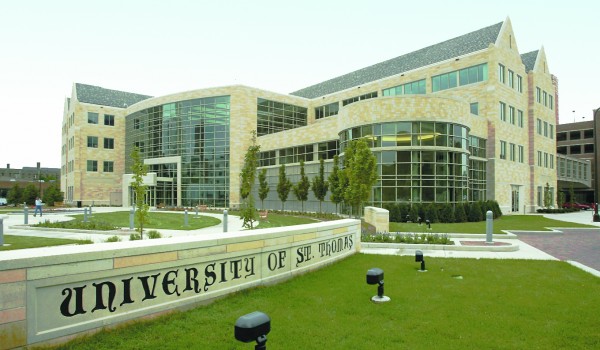
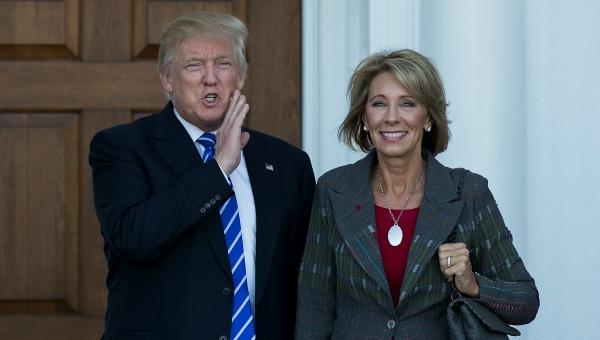

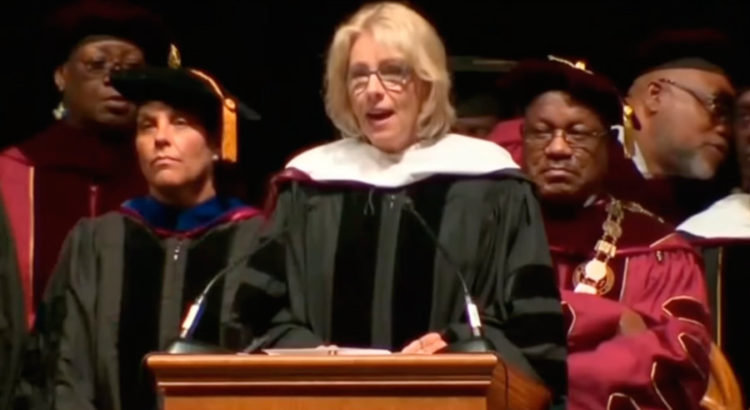
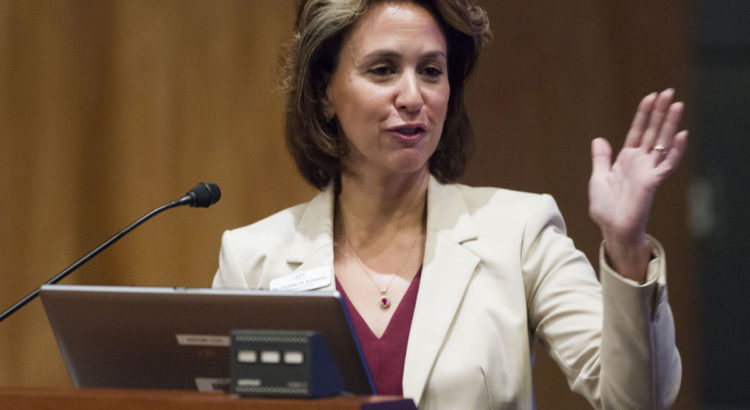

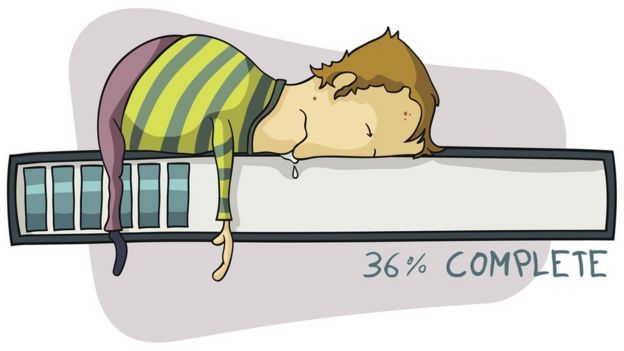









 Users Today : 69
Users Today : 69 Total Users : 35460200
Total Users : 35460200 Views Today : 98
Views Today : 98 Total views : 3418881
Total views : 3418881